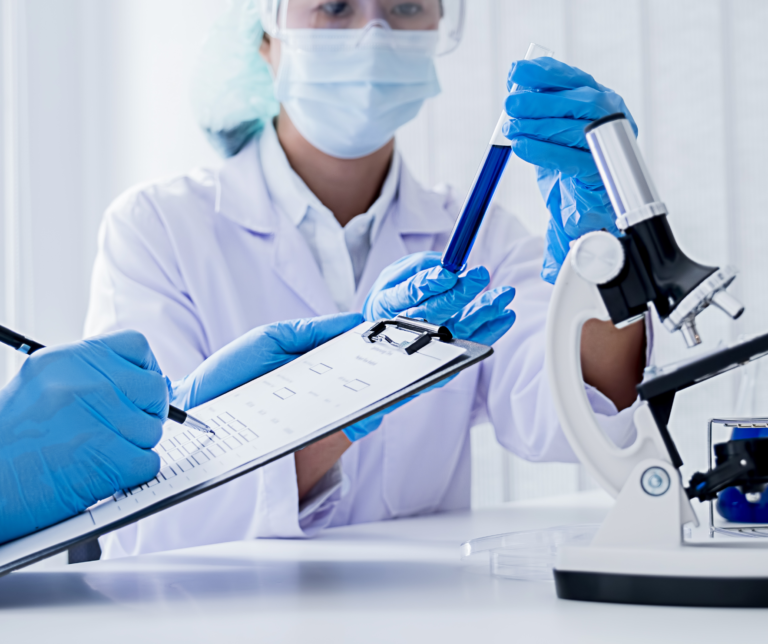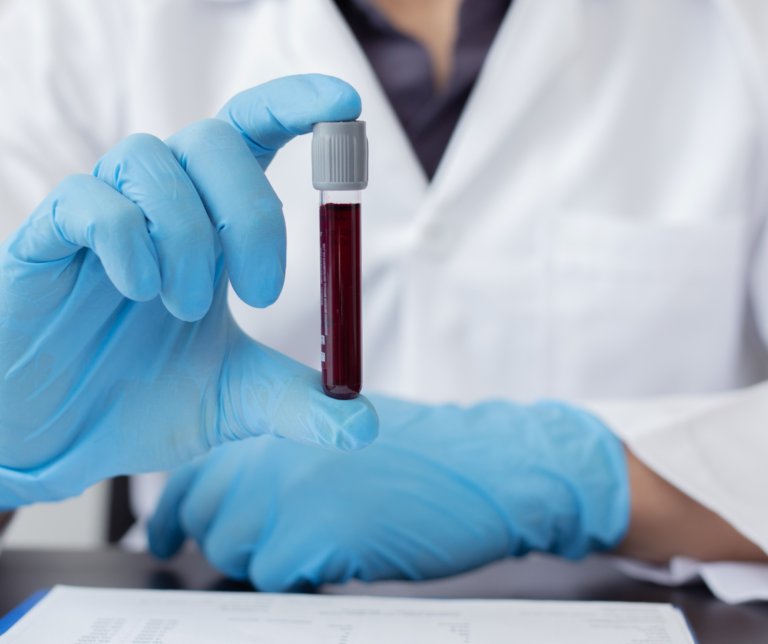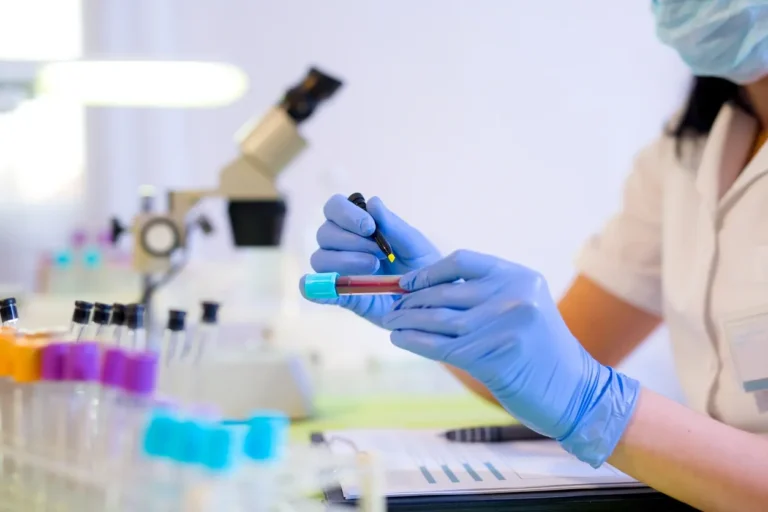Diagnostic labs in India play a crucial role in the healthcare industry, as they help healthcare providers diagnose diseases and conditions accurately. There are several types of diagnostic labs in India, each with its own unique set of services and specialties. In this article, we will explore the different types of diagnostic labs in India and the services they offer.
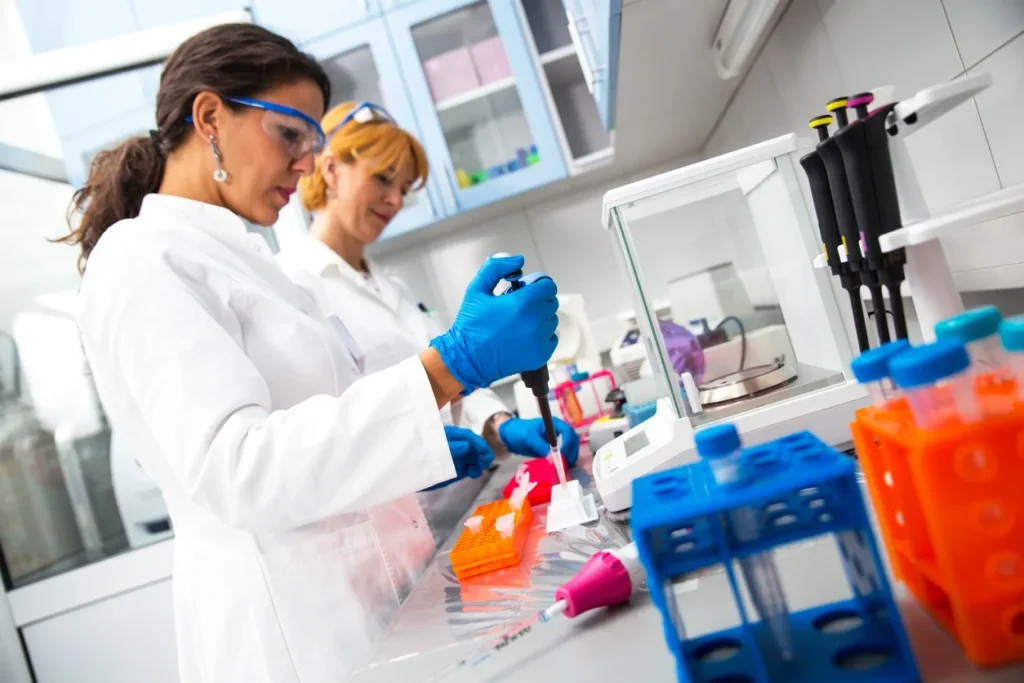
1. Clinical Pathology Labs
Clinical pathology labs are the most common type of diagnostic lab in India. They focus on analyzing bodily fluids and tissues to diagnose diseases and conditions. These labs offer a wide range of tests, including blood tests, urine tests, and tissue biopsies. Clinical pathology labs use automated equipment to process samples and provide accurate results quickly. They also have experienced pathologists and laboratory technicians who interpret results and provide diagnostic reports.
2. Microbiology Labs
Microbiology labs specialize in the diagnosis of infectious diseases caused by bacteria, viruses, fungi, and parasites. They perform various tests, such as bacterial cultures, sensitivity testing, viral cultures, and antigen detection tests. These labs also use advanced technologies like polymerase chain reaction (PCR) and nucleic acid amplification tests (NAAT) to detect infections accurately. Microbiology labs are essential in identifying and treating contagious diseases like tuberculosis, HIV, and COVID-19.
3. Histopathology Labs
Histopathology labs analyze tissue samples to diagnose cancer and other diseases. They use advanced techniques like immunohistochemistry, fluorescent in-situ hybridization, and molecular testing to detect abnormalities in tissues. These labs provide diagnostic reports to oncologists, surgeons, and other healthcare providers to guide treatment decisions. Histopathology labs are essential in diagnosing and treating various cancers like breast cancer, lung cancer, and prostate cancer.
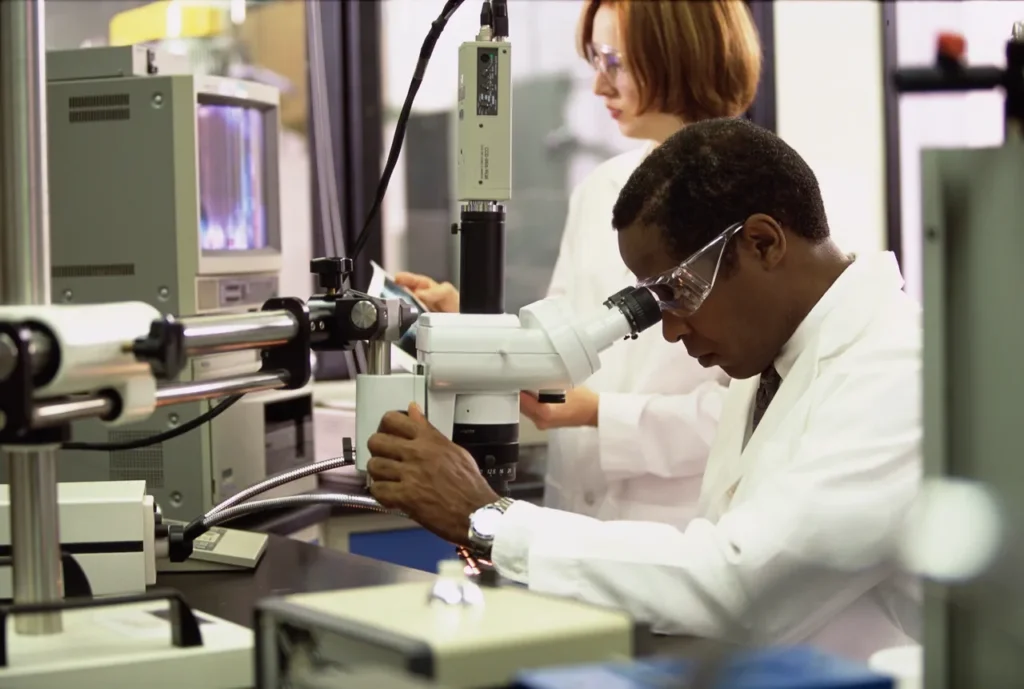
4. Molecular Diagnostic Labs
Molecular diagnostic labs use advanced technologies to detect genetic mutations and abnormalities in the DNA or RNA. These labs perform tests like genetic screening, DNA sequencing, and gene expression analysis. They help diagnose genetic disorders, hereditary diseases, and infectious diseases caused by viruses and bacteria. Molecular diagnostic labs are crucial in personalized medicine and targeted therapies, where treatment is based on the patient’s genetic makeup.

5. Imaging and Radiology Labs
Imaging and radiology labs use various imaging techniques like X-rays, CT scans, MRI, and ultrasound to diagnose diseases and conditions. They provide detailed images of internal organs, bones, and tissues to detect abnormalities and injuries. These labs are essential in diagnosing and monitoring diseases like cancer, heart disease, and neurological disorders. Imaging and radiology labs also provide interventional radiology procedures like angiography, embolization, and radiofrequency ablation for treating tumors and other conditions.
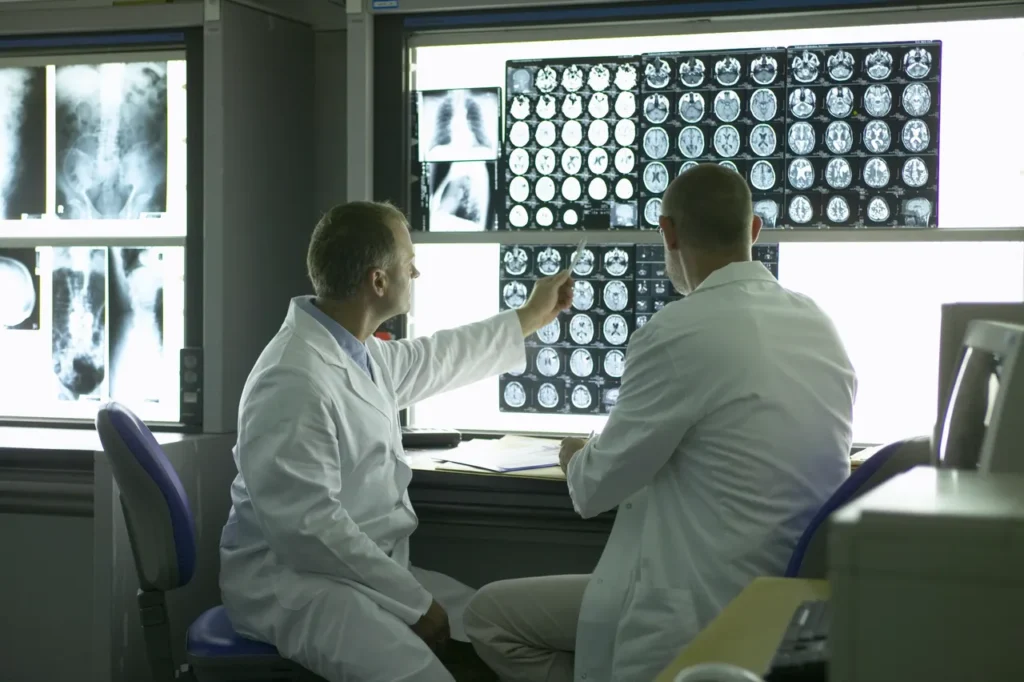
6. Blood Bank Labs
Blood bank labs collect, test, and store blood and blood products for transfusions and other medical procedures. They perform tests to ensure the safety and compatibility of blood products before transfusing them into patients. Blood bank labs also provide support services to hospitals and clinics during emergencies and disasters. They are essential in saving lives and improving patient outcomes in critical situations.
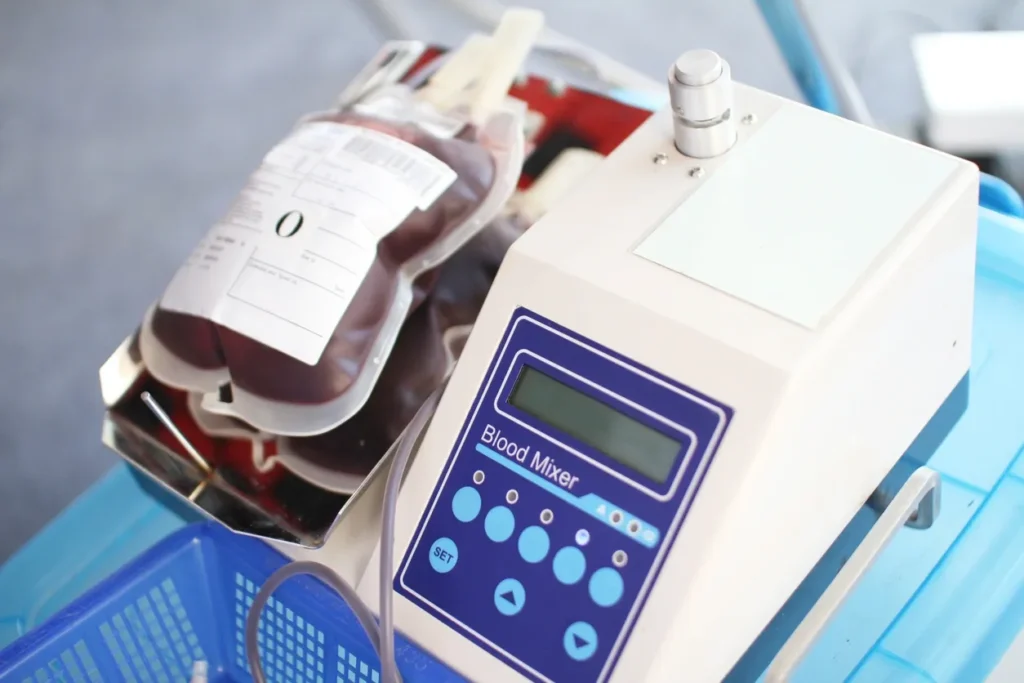
In conclusion, diagnostic labs in India play a crucial role in the healthcare industry, as they help healthcare providers diagnose diseases and conditions accurately. There are several types of diagnostic labs in India, each with unique services and specialties. Clinical pathology labs, microbiology labs, histopathology labs, molecular diagnostic labs, imaging and radiology labs, clinical genetics labs, and blood bank labs are some of the most common types of diagnostic labs in India. Each of these labs plays an essential role in diagnosing and treating various diseases and conditions, helping to improve patient outcomes and quality of life. It is essential to choose the right diagnostic lab for accurate diagnosis and treatment.
Patients and healthcare providers should research and choose a lab with the necessary expertise, equipment, and accreditation to ensure quality and reliable services. With the advancement of technology and medical science, diagnostic labs in India are continuously evolving, providing innovative and personalized services to patients.
Stay tuned for more useful information and guidance.
PathLete
Empowered Diagnostics, Empowered India



